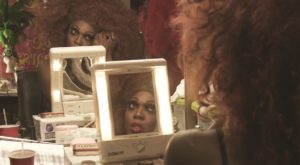In the opening scene of the documentary Everything Moves, which is having its world premiere at the Provincetown International Film Festival (PIFF) next week, a ladybug finds its way from a dewy blade of dune grass to the pants leg of nonagenarian Provincetown artist Salvatore Del Deo. Del Deo is setting up a palette and canvas outside his dune shack in the National Seashore, and the ladybug visually matches the dabs of red paint he carefully applies to the board. While the images subtly connect nature to art, on the soundtrack, Del Deo explains how he approaches each new painting, trying to keep his mind open and the work unpredictable. He’s expressing his philosophy of life, not just art, and it’s perfectly realized in this elegantly and imaginatively filmed biographical portrait.
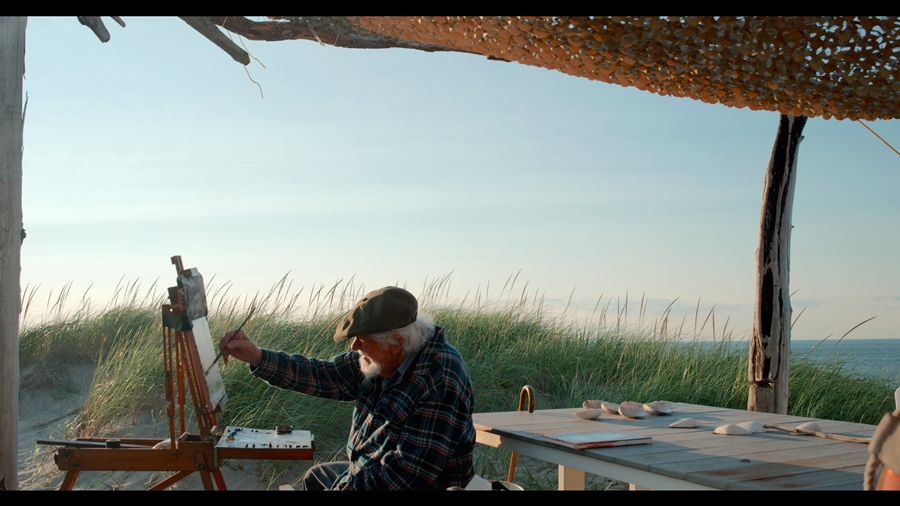
The director, Michael Cestaro, grew up on Cape Cod and after an early career doing industrial films in California returned home to nurture his creative vision. Cestaro met Del Deo through Gene Tartaglia at the Mary Heaton Vorse house, and right away, he says, “I wanted to know more about him. He reminded me of my father and grandfather. My grandfather was a fisherman on the Cape, and my father owned a bakery called Arturo’s in Eastham. Sal remembered my father: he actually put a half a loaf of my father’s bread on every table in his restaurant, Sal’s Place.”
Cestaro also happened on a treasure trove of archival footage, boxes full of 8mm film taken by painter Arthur Cohen of Del Deo and his wife, Josephine, as they made a life here in the decades after World War II. Sal and Josephine were both iconic figures in town — a yin and yang of sorts. Sal, the artist and restaurateur, was gregarious, humble, and inviting, and Josephine, the civic reformer, was contentious and forceful. Everything Moves concentrates on the spirit of their lives and relationship, ignoring many of the bumps along the way, although it does cover his recent eviction from their beloved dune shack and, after protests, his eventual return. That makes sense to me: Cestaro views the world through Sal’s eyes, full of wonder and exquisite imagery.
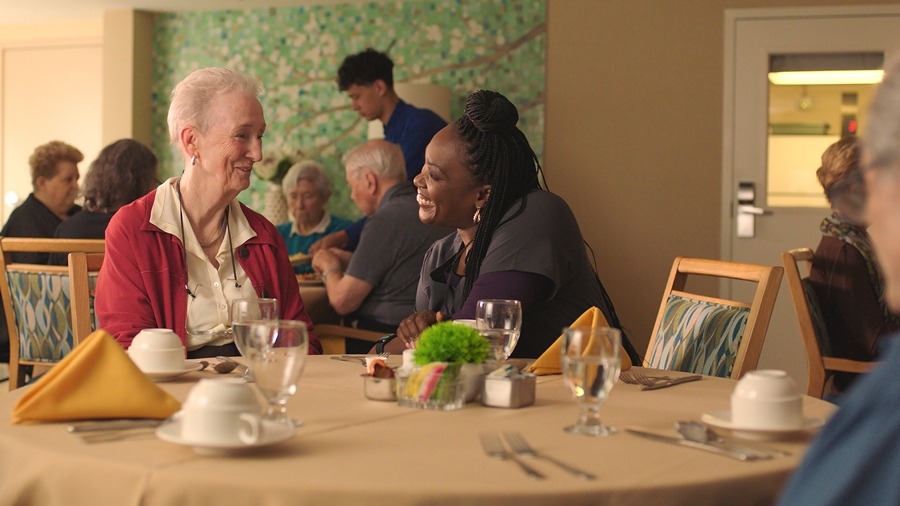
The director also has a short film in the festival, Signs From the Mainland, about an enclave of deaf people on Martha’s Vineyard, and he created the PIFF teaser short this year that precedes every screening. The festival’s focus on local filmmakers has been actively encouraged by Anne Hubbell, head of the Provincetown Film Society and executive director of the festival.
“We’ve been tracking local projects for a long time,” she says. “The Outer Cape Filmmaker Group meets every month — we have speakers and screenings of works-in-progress. People find resources and direction.”
Another highlight at the festival is its closing night film, the vivacious documentary Spiritus: No Business Like Dough Business. It might seem improbable to view Provincetown’s last 50 years through the prism of a local pizza parlor, but Spiritus is no ordinary joint. The movie’s director, Michael S. Koehler, is a still photographer and emerging filmmaker who now lives in New Jersey with his family, but he first hitched to Provincetown at age 17 and spent 13 summers here, some of them working at Spiritus. “I was there for the pizza girls,” he says.
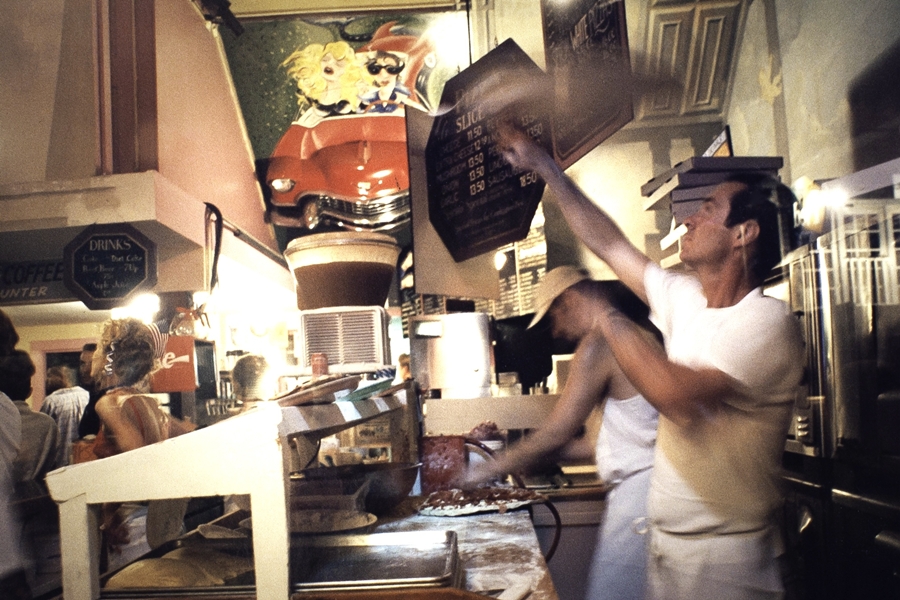
The film documents how these unflappable servers were an essential part of the place’s success. “It was the Spiritus vibe,” Koehler says. “You walk in there and you feel like you’re a part of something.”
A young, hardworking, and freewheeling John Yingling saw the need for a pizza place in Provincetown in the ’70s and set one up in a part of the West End that was mostly residential. By staying open till 2 a.m., an hour after the bars stopped serving drinks, he attracted hordes of gay clubgoers who started flocking to Provincetown en masse after Stonewall. Despite occasional struggles with the town over nighttime noise and outré rowdiness outside Spiritus, “the queer community had its back,” Koehler says. “The people who worked there were open-minded and open-hearted. Yingling set the tone: ‘No one’s an asshole until they’re proven an asshole.’ ”
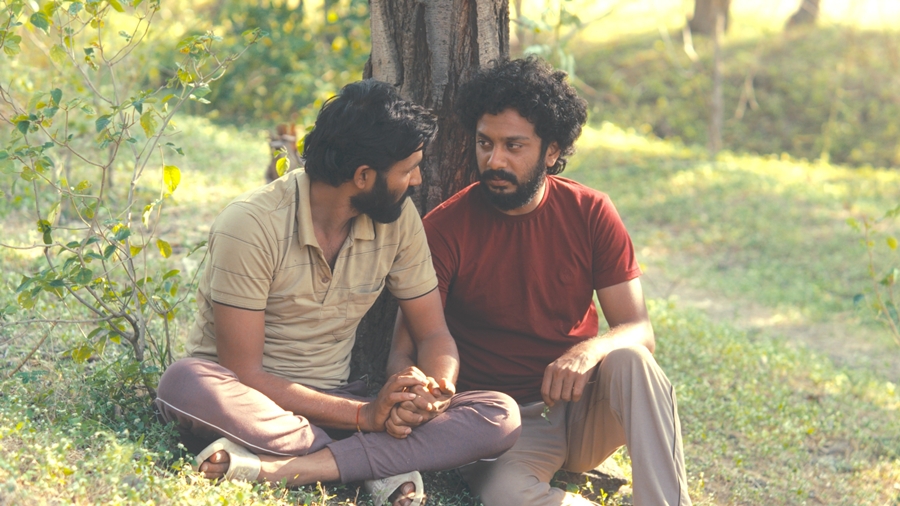
Using a wealth of archival footage as well as interviews with Yingling, his family, and many of the supporters and employees of Spiritus, Koehler builds a funky and thoroughly charming mosaic of what went down during those years and continues, a bit less wildly, to this day. The movie is a must-see for everyone who loves this town and an eye-opener for those who haven’t experienced it.
There are a score of other documentaries screening at the festival and about 20 narrative features, as well as eight short film programs, “more than we’ve ever had before,” says the festival’s artistic director, Lisa Viola. Not to mention a couple of panel discussions and a book reading.

The opening night presentation is Strange Journey: The Story of Rocky Horror, a documentary about the sci-fi pansexual musical fantasia that started as a stage show and grew into a midnight-movie audience-participation phenomenon after it was adapted to film in 1975. Strange Journey is directed by Linus O’Brien, son of the show’s creator, Richard O’Brien. “He had access not only to his father but to everyone in the cast,” including Tim Curry, Susan Sarandon, and Barry Bostwick, says Viola. “It’s the ideal time to look back.”
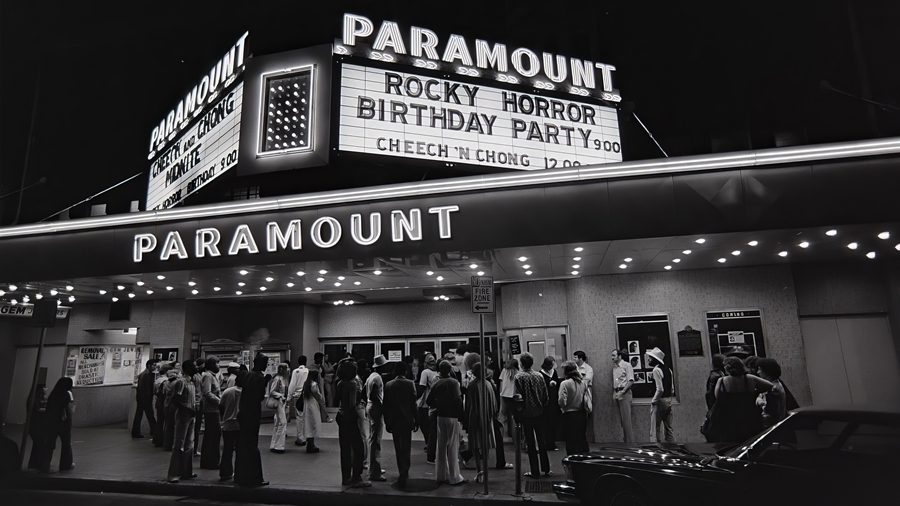
Viola’s background is in documentaries, and the lineup this year is very strong. “There are many interesting biographical films,” she says, including ones about legendary singer Jeff Buckley, who died young; astronaut Sally Ride, who was a closeted lesbian; Oscar-winning deaf actor Marlee Matlin; comedian Marc Maron; and ’50s sexpot Jayne Mansfield, directed by her daughter, Law & Order: SVU star Mariska Hargitay.
Another documentary, The Librarians, is about “banned books and how librarians have become front-line workers.” Enigma, Viola says, “follows a couple of trans cabaret singers from decades ago in France, when they were at the top of their game.”
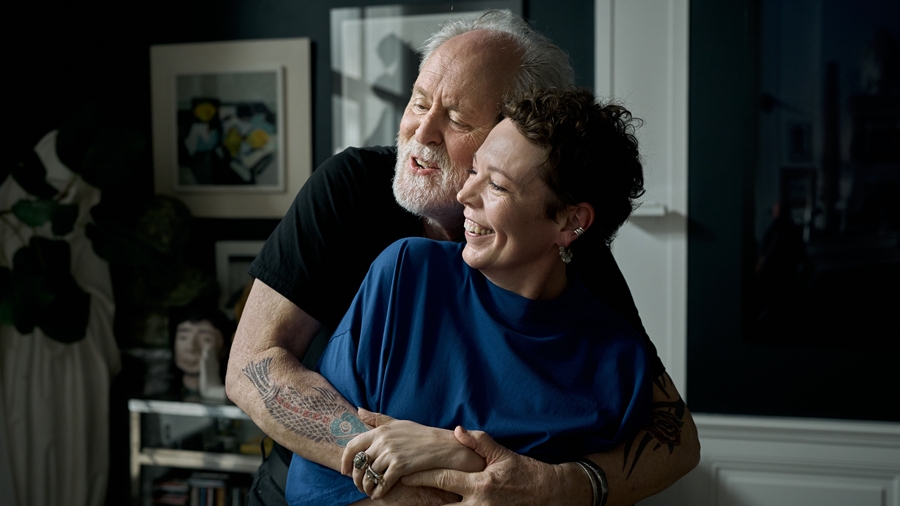
Among the fascinating array of narrative films at the festival, a good number are romcoms and many are LGBTQ-themed. A last-minute addition is Honey Don’t!, a new crime romp by Provincetown part-timer Ethan Coen, who co-wrote and co-produced the film with his wife, Tricia Cooke.
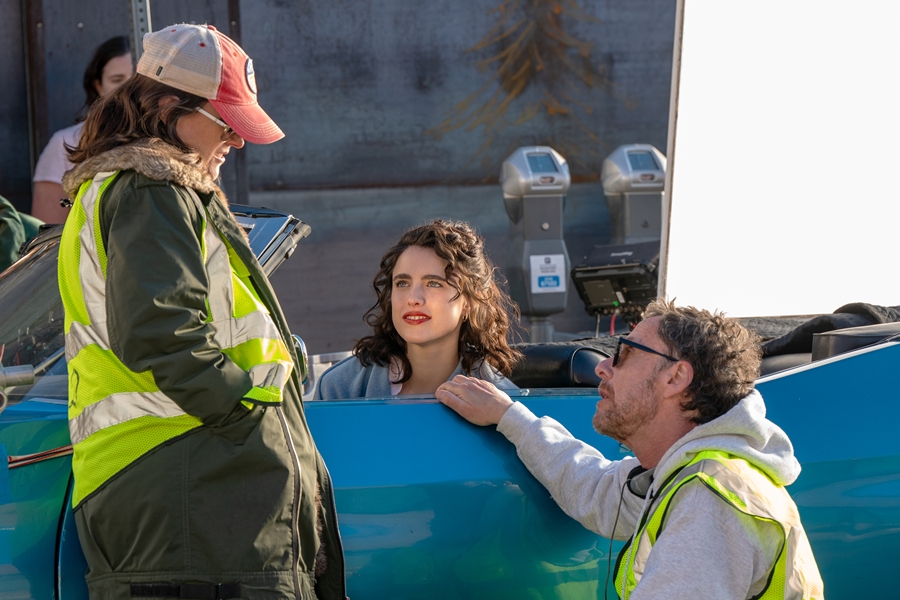
The festival’s Next Wave Award honorees are featured in two striking dramas: River Gallo is the writer-producer-star of Ponyboi, playing an intersex sex worker being chased by the mob in New Jersey. Costarring with Gallo is the Outer Cape’s own Murray Bartlett, who will receive the festival’s Excellence in Acting award. The other Next Wave winner is Eva Victor, the writer-director-star of Sorry, Baby, shot in Ipswich, the story of a professor looking to heal from trauma.
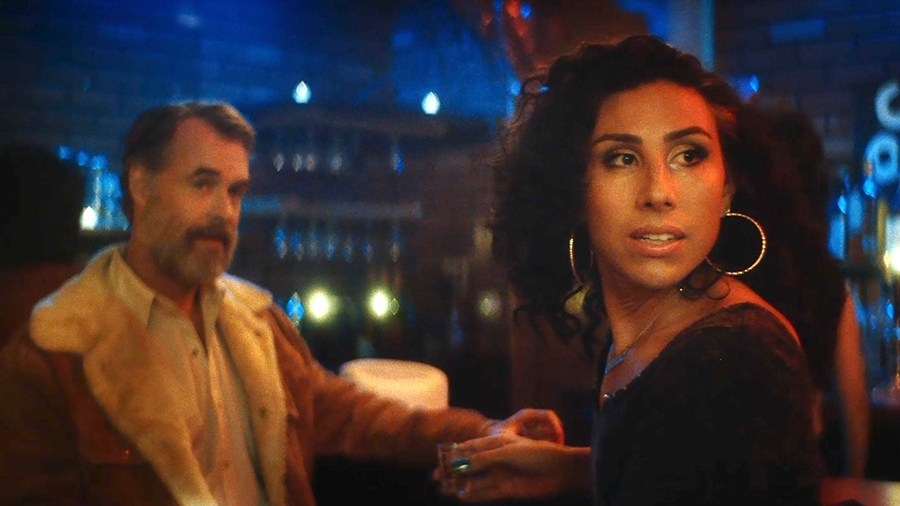
Provincetown’s official arbiter of bad-good taste, John Waters, is back with a restored print of Pink Narcissus, the 1971 erotic fantasia of a pretty boy street hustler by photographer James Bidgood. And at Waters’s invitation, horror film auteur Ari Aster will receive the festival’s Filmmaker on the Edge award and sit for a public conversation with Waters on Saturday afternoon.

As theatrical filmgoing continues to decline, a film festival like PIFF has become “more important than ever,” Viola says. “More films in this lineup are without distribution than ever before. It makes me really happy to have them seen with an audience.”
Hubbell says what’s happening in the world is as much a catalyst as trends in the movie industry: “I think a very important aspect of the theatrical experience is creating an opportunity for the community to come together.”
Editor’s note: An earlier version of this article, published in print on June 5, incorrectly identified John Lithgow as an Oscar winner. He was nominated for the award twice but did not win.


